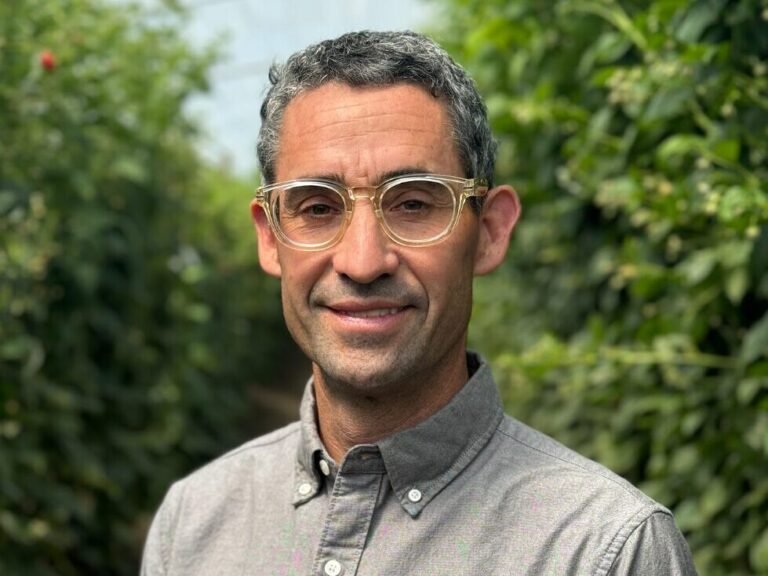South African insect ag startup Inseco has ceased operations and sold its assets to industry partners after experiencing a series of setbacks.
Founded in 2018 by Jack Chennells and Simon Hazell, Inseco raised a $5.3 million seed round in 2022 to scale up its facility in Cape Town. The site produced protein meal, oil, and fertilizer from black soldier fly larvae fed on organic waste from local food processors to supply the pet food, aquaculture, and poultry markets.
But like many players in this nascent space, Inseco ran into a series of operational challenges, the most damaging being four-hour power outages that went on for months, Hazell told AgFunderNews.
Recurring power cuts, or “loadshedding,” is an ongoing issue in South Africa, where power companies frequently cut off the electricity supply to certain areas to prevent the entire power grid from failing.
This hampered operations, increased costs, and damaged relationships with customers, said Hazell, who said the company had lost valuable offtake agreements and key staff.
“We had back-up power installed on site that powered certain equipment such as colony ventilation on an essential circuit. We could not run energy-intensive areas of the plant under this configuration, but it kept our essential operations intact. We mistakenly assumed that loadshedding would not intensify the way it did, and therefore we deferred the purchase of a large genset [generator system] that could power most of the plant.
“However, loadshedding did intensify, and the power outages increased. The essential areas of the plant such as colony and growing took severe strain as temperatures began to fluctuate. We could also not run processing for extended periods.”
He added: “The irony was that we eventually did secure a large genset. It was useful for a few months, and then loadshedding was suspended and has not come back since.”
‘We scaled too quickly and pivoted too slowly’
However, power outages were not solely to blame for the firm’s problems, said Hazell, who said Inseco had made some bad hires, scaled too quickly and pivoted too slowly.
“We were working on a technology that would enable us to generate better margins from the insect biomass,” he explained. “We should have doubled down on this sooner.”
At the same time, the macroeconomic environment became more challenging with the struggles of several high-profile insect protein companies damped investor confidence in the whole sector, he added.
Ultimately, the decision was made to throw in the towel. “Our assets included all the equipment at our facility including some of our intellectual property. Some of the assets are being used in insect production, others are being used in adjacent industries.”
‘I still believe the insect protein industry can thrive’
Inseco’s original thesis—to transform food waste into “abundant, affordable protein”—was clear, added Hazell in a post on Linkedin. “Our early research suggested insects had structural advantages over incumbents like fishmeal and could gain market acceptance if supply became available.
“The success of our technology relied on the assumption that with sufficient scale, we could drive down prices and deliver a meaningful benefit to customers. We modelled various scenarios and selected a level of output that corresponded to a price we forecasted would convert customers. However, on the opposite axis of scale lies execution risk, and we ultimately chose an intersection that proved too aggressive.”
Stepping back, he said, “I still believe the insect protein industry can thrive. Unlocking better margins is, in my opinion, the best way to improve chances of success. We got close but ultimately ran out of time.”
His comments came as struggling French insect ag pioneer Ÿnsect secured more time under court supervision to restructure operations and secure funding enabling it to scale profitably.
Fellow French insect ag firm Innovafeed, which recently paused operations at a pilot plant next to an ADM corn milling plant in Decatur, Illinois, told AgFunderNews that the plan to build a commercial scale black soldier fly larvae facility at the site “remains very much alive.”
Further reading:
Exclusive: Aspire Food Group’s Ontario cricket farm sold to new owner as firm collapses under debt
The post South African insect ag co Inseco calls it quits amid power cuts, pivots: ‘We ran out of time’ appeared first on AgFunderNews.




